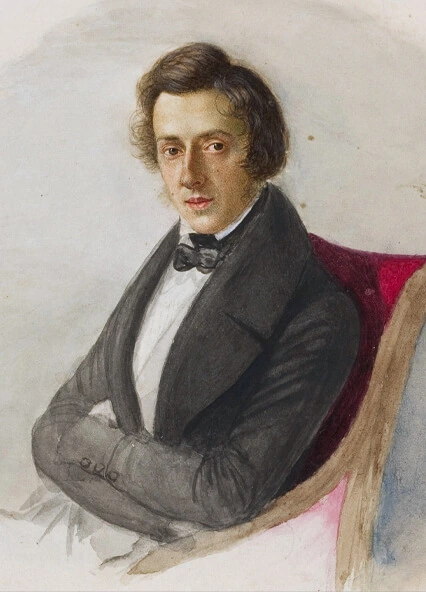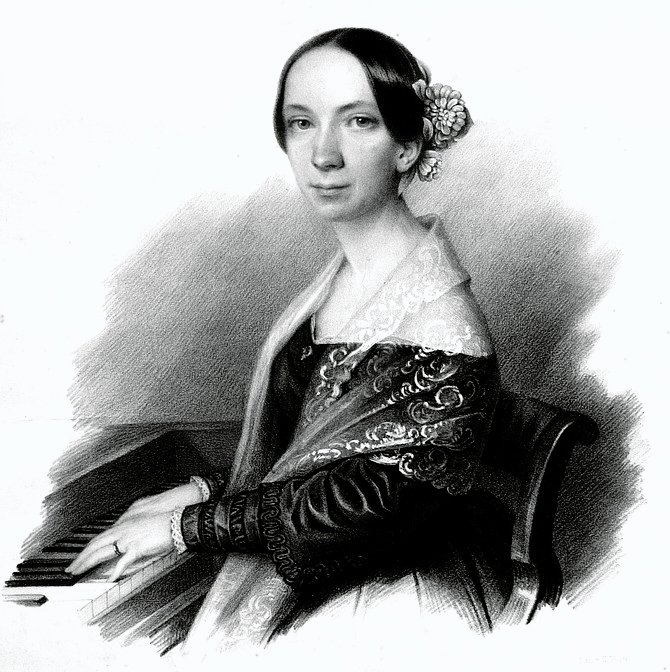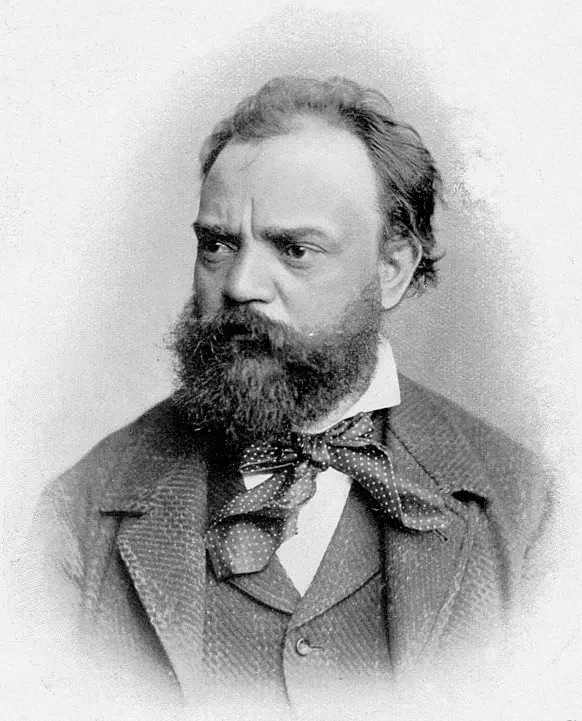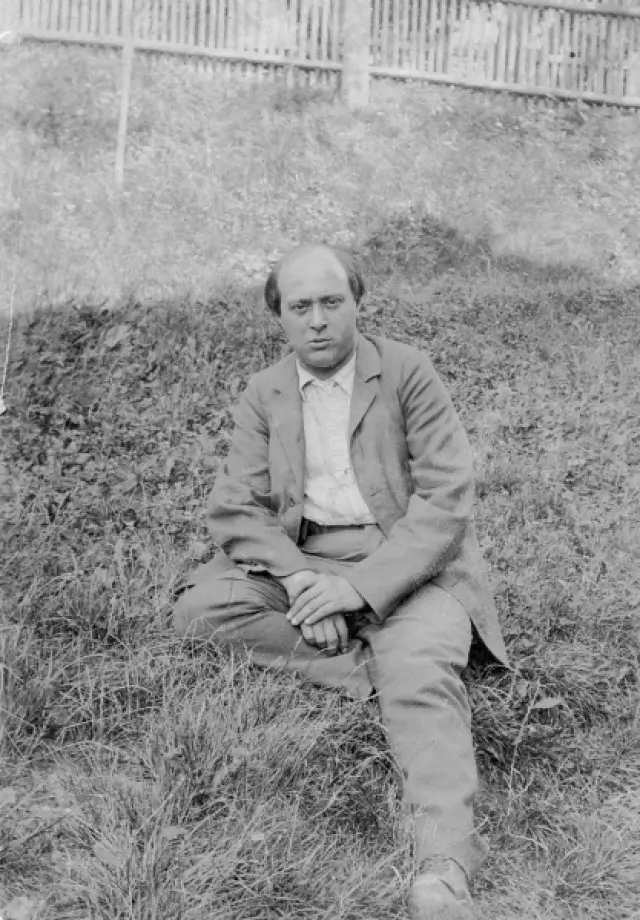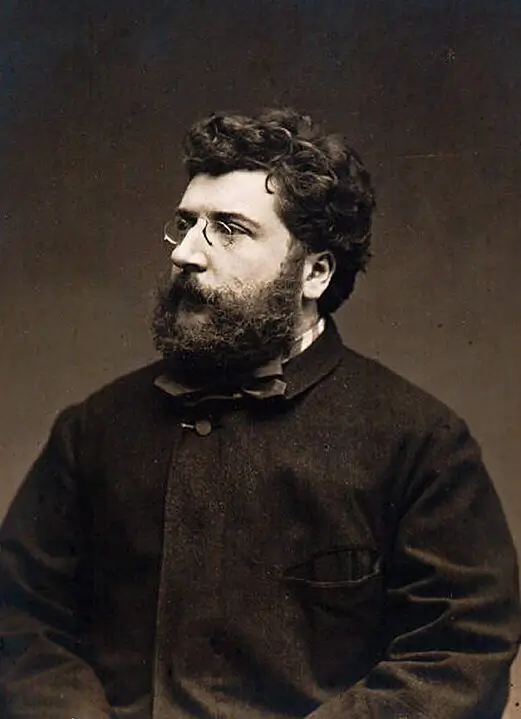Introduction
Frédéric Chopin, one of the most influential composers of the Romantic era, left an indelible mark on the world of classical music. Born in 1810 in Żelazowa Wola, Poland, Chopin’s musical genius was evident from a young age. His unique style, characterized by its emotional depth and technical brilliance, continues to captivate audiences to this day. This article will delve into the life and works of Frédéric Chopin, exploring his early years, musical training, major compositions, connections to other composers, character and philosophy, life in the city where he lived, and his enduring legacy.
Early Life
Chopin’s early life was marked by a deep connection to music. Born to a Polish mother and a French father, he grew up in a household filled with music. His mother, Justyna, was a talented pianist, and it was under her guidance that Chopin began his musical journey. By the age of six, he was already composing his own music, displaying an innate talent that would shape his future.
Musical Training and Development
Chopin’s musical training and development were shaped by his time at the Warsaw Conservatory, where he studied piano and composition. His teachers recognized his exceptional talent and nurtured his skills, allowing him to flourish as a musician. Chopin’s unique style began to emerge during this period, blending elements of Polish folk music with classical techniques. His compositions showcased his virtuosity on the piano, with intricate melodies and harmonies that pushed the boundaries of traditional music.
Major Works and Compositions
Chopin’s body of work is vast and varied, encompassing numerous compositions for solo piano, chamber music, and orchestral pieces. Some of his most renowned works include the Ballades, Nocturnes, Preludes, and Mazurkas. These compositions showcase Chopin’s ability to evoke a wide range of emotions, from melancholy and introspection to exuberance and passion. His music is characterized by its technical complexity, delicate phrasing, and expressive qualities, making it a favorite among pianists and music enthusiasts alike.
Connections to other Composers
Chopin’s influence extended beyond his own compositions. He had close relationships with other prominent composers of his time, such as Franz Liszt and Robert Schumann. These connections allowed for a fruitful exchange of ideas and musical inspiration. Chopin’s friendship with Liszt, in particular, had a profound impact on his career, as the two composers admired and respected each other’s work. Their mutual admiration led to the development of new musical techniques and approaches, further enriching the world of classical music.
Character and Philosophy
Chopin’s character and philosophy were deeply intertwined with his music. He was known for his introverted nature and sensitivity, which found expression in his compositions. Chopin believed that music should be a means of conveying emotions and connecting with the listener on a profound level. His music often reflected his own personal experiences and struggles, serving as a cathartic outlet for his emotions. Chopin’s philosophy emphasized the importance of individual expression and the power of music to transcend language and cultural barriers.
Life in Paris
Chopin spent a significant portion of his life in Paris, a city that embraced his talent and provided him with a vibrant artistic community. Paris offered Chopin the opportunity to perform in prestigious venues and connect with influential musicians and artists. The city’s cultural atmosphere fueled his creativity and allowed him to thrive as a composer. Chopin’s music became synonymous with the romantic spirit of Paris, and he became a beloved figure in the city’s artistic circles.
Death and Legacy
Tragically, Chopin’s life was cut short at the age of 39 due to complications from tuberculosis. However, his legacy lives on through his music. Chopin’s compositions continue to be performed and celebrated worldwide, captivating audiences with their beauty and emotional depth. His influence on future generations of composers cannot be overstated, as his innovative approach to piano composition paved the way for future developments in classical music. Chopin’s impact on the piano repertoire is immeasurable, and his music remains a testament to his genius and enduring legacy.
In conclusion, Frédéric Chopin’s life and works have left an indelible mark on the world of classical music. From his early years in Poland to his time in Paris, Chopin’s musical journey was one of immense talent and creativity. His compositions continue to captivate audiences with their emotional depth and technical brilliance. Chopin’s connections to other composers and his unique philosophy further enriched his musical contributions. Despite his untimely death, Chopin’s legacy lives on, ensuring that his music will continue to inspire and move generations to come.

